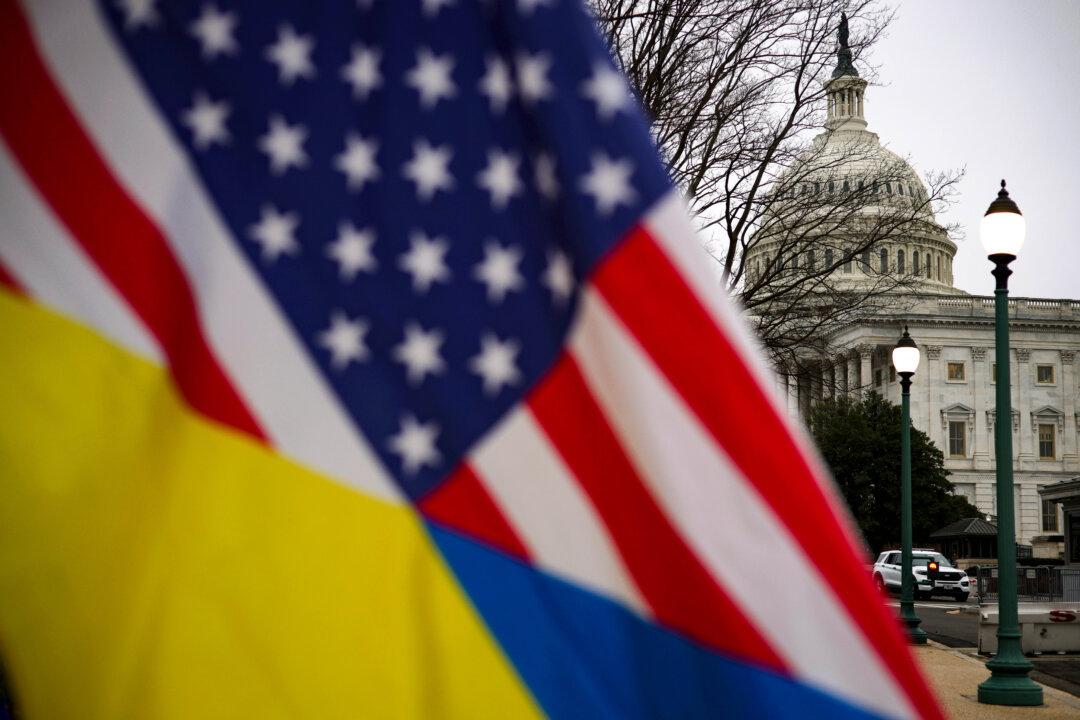Federal Communications Commission (FCC) Chairman Ajit Pai circulated a draft order on Thursday asking the five-member panel to approve Ligado Networks Company’s request to deploy a low-power nationwide network to support next-generation 5G wireless.
“We have compiled an extensive record, which confirms that it is in the public interest to grant Ligado’s application while imposing stringent conditions to prevent harmful interference,” Pai said in a statement (pdf). “The draft order that I have presented to my colleagues would make more efficient use of underused spectrum and promote the deployment of 5G and Internet of Things services.”





